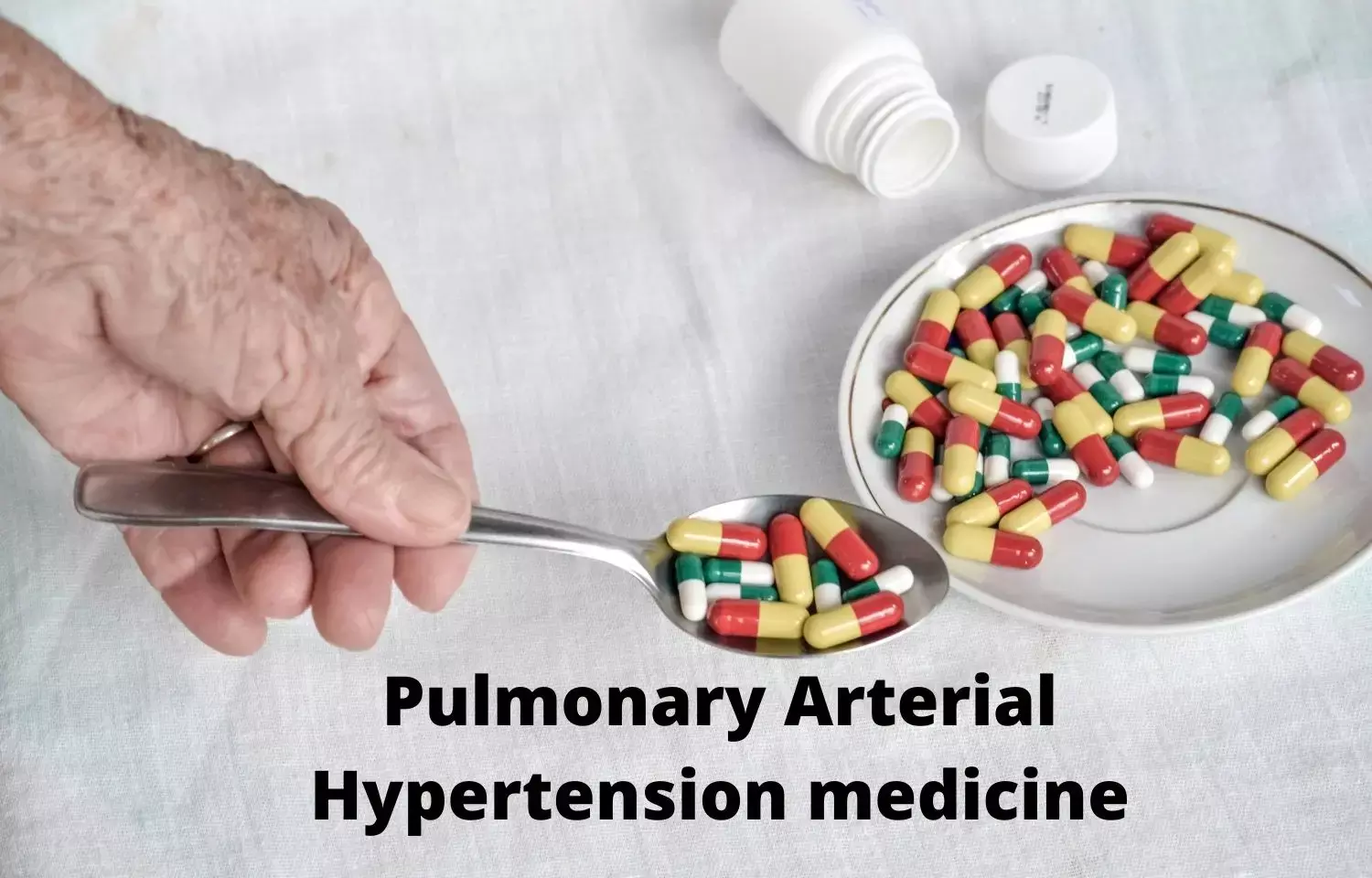- Home
- Medical news & Guidelines
- Anesthesiology
- Cardiology and CTVS
- Critical Care
- Dentistry
- Dermatology
- Diabetes and Endocrinology
- ENT
- Gastroenterology
- Medicine
- Nephrology
- Neurology
- Obstretics-Gynaecology
- Oncology
- Ophthalmology
- Orthopaedics
- Pediatrics-Neonatology
- Psychiatry
- Pulmonology
- Radiology
- Surgery
- Urology
- Laboratory Medicine
- Diet
- Nursing
- Paramedical
- Physiotherapy
- Health news
- Fact Check
- Bone Health Fact Check
- Brain Health Fact Check
- Cancer Related Fact Check
- Child Care Fact Check
- Dental and oral health fact check
- Diabetes and metabolic health fact check
- Diet and Nutrition Fact Check
- Eye and ENT Care Fact Check
- Fitness fact check
- Gut health fact check
- Heart health fact check
- Kidney health fact check
- Medical education fact check
- Men's health fact check
- Respiratory fact check
- Skin and hair care fact check
- Vaccine and Immunization fact check
- Women's health fact check
- AYUSH
- State News
- Andaman and Nicobar Islands
- Andhra Pradesh
- Arunachal Pradesh
- Assam
- Bihar
- Chandigarh
- Chattisgarh
- Dadra and Nagar Haveli
- Daman and Diu
- Delhi
- Goa
- Gujarat
- Haryana
- Himachal Pradesh
- Jammu & Kashmir
- Jharkhand
- Karnataka
- Kerala
- Ladakh
- Lakshadweep
- Madhya Pradesh
- Maharashtra
- Manipur
- Meghalaya
- Mizoram
- Nagaland
- Odisha
- Puducherry
- Punjab
- Rajasthan
- Sikkim
- Tamil Nadu
- Telangana
- Tripura
- Uttar Pradesh
- Uttrakhand
- West Bengal
- Medical Education
- Industry
Sequential combination therapy improves clinical and functional status in PAH

A new investigation revealed that sequential combination therapy (SCT) was recommended in patients with WHO-FC II-III PAH who have established background therapy. The study was published in the journal "Pulmonary Pharmacology & Therapeutics, 2022."
Pulmonary arterial hypertension (PAH) is a life-threatening cardiopulmonary disease characterized by pulmonary vasculature remodeling leading to right heart failure and premature death. Research done in the past on PAH combination therapy pooled sequential and initial combination therapies together which might threaten their authenticity and clinical significance due to the difference between the two strategies. Hence researchers conducted a meta-analysis to find the efficacy and safety of sequential combination therapy for pulmonary arterial hypertension.
Using search strategy in databases like PubMed, Embase, and the Cochrane Library all the randomized controlled trials that compared sequential combination therapy (SCT) with background therapy (BT) in PAH patients were searched. Raw data were extracted to calculate risk ratio (RR) or weighted mean difference (WMD) for predefined efficacy and safety outcomes. Mantel-Haenszel fixed or random effects model was used based on heterogeneity.
Results:
- 17 RCTs involving 4343 patients (97.2% of patients with WHO-FC II-III) were included.
- SCT decreased clinical worsening, nonfatal clinical worsening, functional class (decrease of 28% in the portion of patients with WHO-FC worsening and increase of 33% in the portion of patients with WHO-FC improvement), and increased 6-min walk distance, but didn't reduce mortality, lung transplantation, admission to hospital, and treatment escalation compared with BT.
- Although any adverse events and serious adverse events were similar between SCT and BT, SCT increased all-cause treatment discontinuation and drug-related treatment discontinuation with a higher incidence of headache, flushing, nausea, diarrhea, and jaw pain.
Thus, the researchers recommended sequential combination therapy for WHO-FC II-III PAH patients who have established background therapy to improve clinical worsening, functional status, and exercise capacity. But they also added that a higher incidence of side effects and withdrawal may be seen.
For the full article, click here: doi:10.1016/j.pupt.2022.102144
Tan Z, Wu PY, Zhu TT, Su W, Fang ZF. Efficacy and safety of sequential combination therapy for pulmonary arterial hypertension: A meta-analysis of Randomized-Controlled Trials [published online ahead of print, 2022 Jul 30]. Pulm Pharmacol Ther. 2022;102144.
BDS, MDS
Dr.Niharika Harsha B (BDS,MDS) completed her BDS from Govt Dental College, Hyderabad and MDS from Dr.NTR University of health sciences(Now Kaloji Rao University). She has 4 years of private dental practice and worked for 2 years as Consultant Oral Radiologist at a Dental Imaging Centre in Hyderabad. She worked as Research Assistant and scientific writer in the development of Oral Anti cancer screening device with her seniors. She has a deep intriguing wish in writing highly engaging, captivating and informative medical content for a wider audience. She can be contacted at editorial@medicaldialogues.in.
Dr Kamal Kant Kohli-MBBS, DTCD- a chest specialist with more than 30 years of practice and a flair for writing clinical articles, Dr Kamal Kant Kohli joined Medical Dialogues as a Chief Editor of Medical News. Besides writing articles, as an editor, he proofreads and verifies all the medical content published on Medical Dialogues including those coming from journals, studies,medical conferences,guidelines etc. Email: drkohli@medicaldialogues.in. Contact no. 011-43720751




